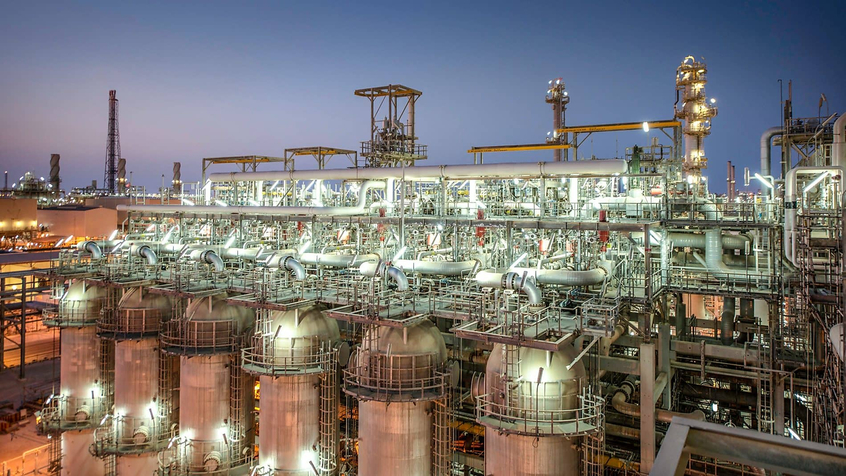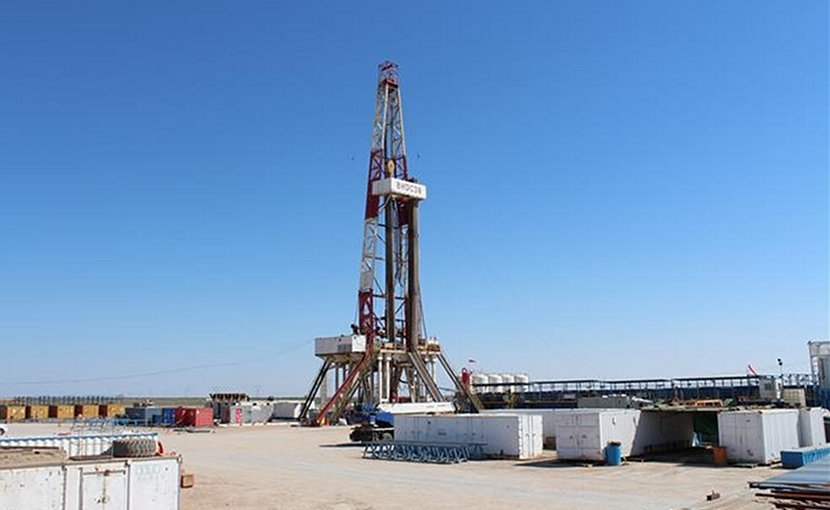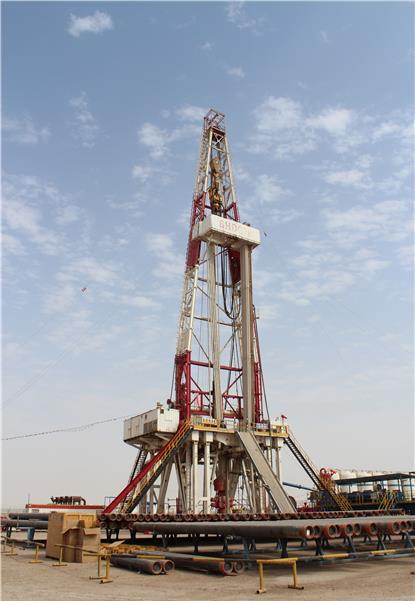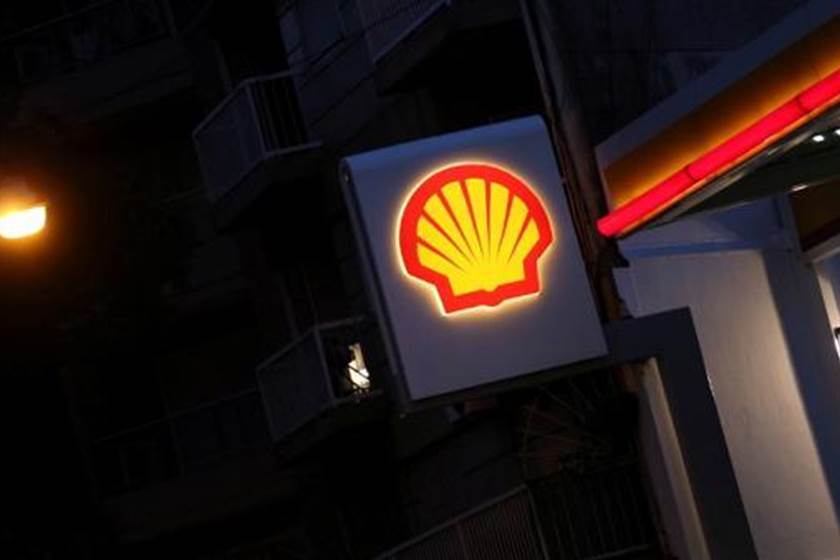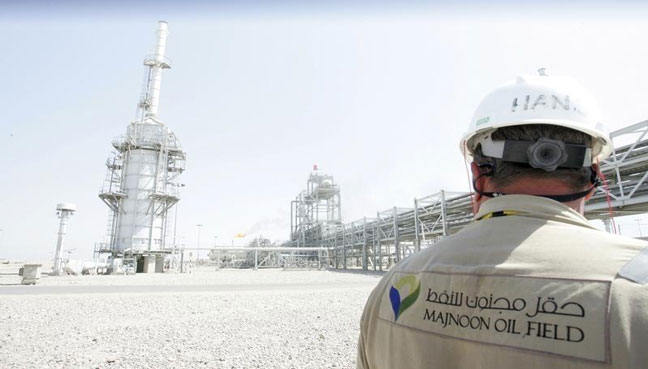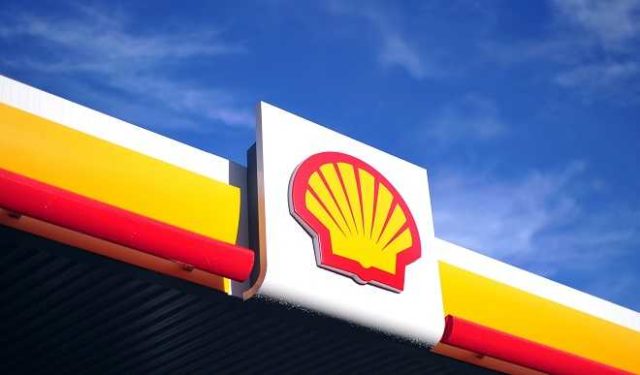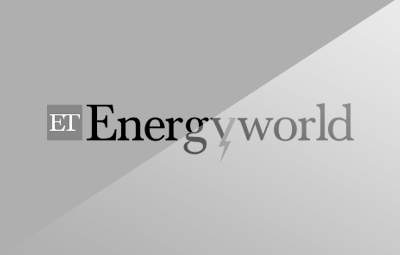By John Lee.
In its preliminary results for 2018, Petrel Resources gave the following update on its activities in Iraq:
We had high hopes of commercial success in Iraq. It has the best oil geology on the planet with drilling success over 90% and a $2 to 4 a barrel production cost. But the political risk offsets all of this.
Petrel first entered Iraq in 1997 and had initial success in obtaining a large exploration block in the Western Desert between Baghdad and Amman Jordan. We were seeking development rights to any one of the many proven but undeveloped oil fields but we needed to establish our credentials. We undertook exploration work but were frustrated by sanctions which stopped us from drilling.
We continued involvement with the Iraqi Oil Ministry and undertook extensive technical work, with Itochu of Japan on the Merjan oil field.
Post 2003 we were awarded a development contract on the Subba and Luhais oil fields. Bureaucratic interference and payment problems forced Petrel to sell out in 2010.
We maintained our interest and appointed an Iraqi Arman Kayablian to work in Iraq. We purchased a 20% stake in Amira Hydrocarbon which had joint operations with Oryx Petroleum, in the Wasit province. The joint venture failed to obtain a licence. In 2018 the agreement was dissolved and some 20 million Petrel shares returned to the company.
We have recently appointed Riadh Mahmoud Hameed to the Petrel board. Riadh worked as project co-ordinator for six years for Petrel in Iraq.
Activities are normalising in Iraq. There are many oil projects in Iraq which need to be developed. Petrel will be making a case to be part of the development.
Interest is reviving in Iraq. We now have the people to seek out operations on the ground.
(Source: Petrel Resources)


